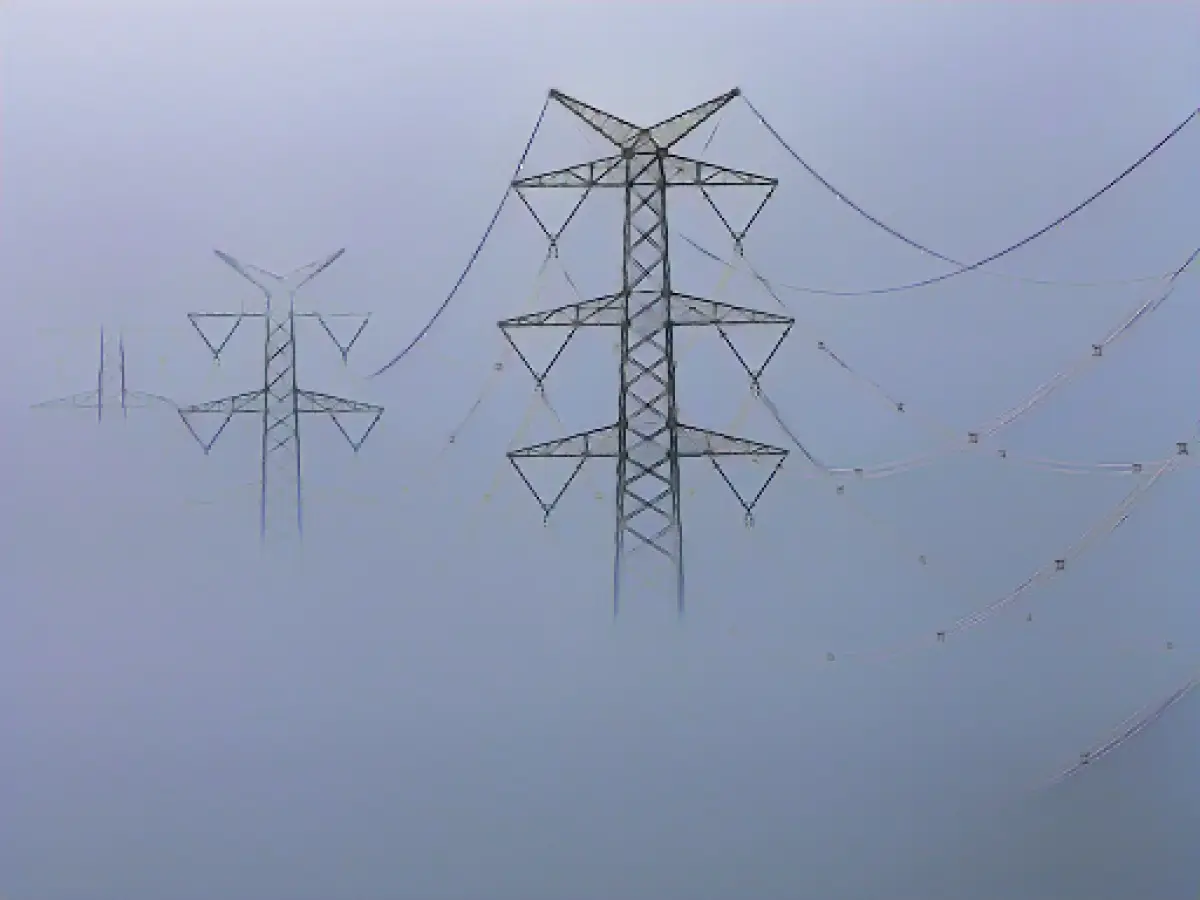In the future, grid operators may temporarily restrict the power supply of new controllable heat pumps or charging stations to prevent overloading the electricity grid. This intervention, which can last up to 4.2 kilowatts, will not affect regular household electricity, and users will still be able to charge their electric cars for a distance of 50 kilometers during periods of overload. In return, users of controllable devices will receive a reduction in their grid fees, either as an annual lump sum or a discount on the fee for each devices.
The Federal Network Agency anticipates that grid operators will only need to intervene in exceptional cases, as complete shutdowns of controllable consumption devices are no longer permitted. Grid operators must publish such control interventions on the joint internet platform, making it clear to the general public if overload problems occur in individual grid areas.
The new rules will apply from January, and existing plants already have long-term transitional arrangements. Existing systems without such agreements remain permanently exempt, but can participate voluntarily. Night storage heaters are not to be permanently covered by the new rules.
The majority of low-voltage grids are not yet designed for a rapid ramp-up of heat pumps and private charging systems. To address this issue, the grids will need to be optimized, digitalized, and expanded at a rapid pace. This optimization will ensure an acceleration of the transport and heating transition and guarantee security of supply in the low-voltage grid.
Electric car owners may still encounter challenges when traveling long distances, as their vehicles might only be able to recharge for 50 kilometers during periods of grid overload. By adapting to the limitations of the electricity grid, the operation of electric cars and heat pumps will need to adjust to temporary power supply restrictions.
To incentivize energy conservation and promote the use of controllable devices, households and other consumers could receive a reduction in their grid fees. This reduction can be given as an annual lump sum or a discount on the fee for each device. As grid operators may temporarily restrict power supply to prevent overloads, especially in areas with insufficient grid infrastructure, the operation of electric cars and heat pumps will need to adapt to these limitations.
(Enrichment: The new electricity grid rules in Germany, particularly those related to Section 14a of the German Energy Industry Act (EnWG), aim to ensure grid stability and manage the increasing demand from renewable energy sources, electric vehicles, and heat pumps. These rules require all consumer devices with an electrical output of more than 4.2 kW, including private charging stations for electric vehicles and heat pumps, to be controllable to serve the grid. This means that grid operators can temporarily reduce the output of these appliances if there is a risk of overloading the power grid. The increasing use of renewable energy sources in Germany necessitates the integration of heat pumps and electric vehicle charging facilities into the grid to maintain grid stability, especially during periods of high renewable energy production. Smart thermostats, which are increasingly popular in Europe, can be integrated with renewable energy systems. These thermostats can synchronize heating or cooling with home energy systems, ensuring that energy is only used when sufficient renewable energy is produced.)






